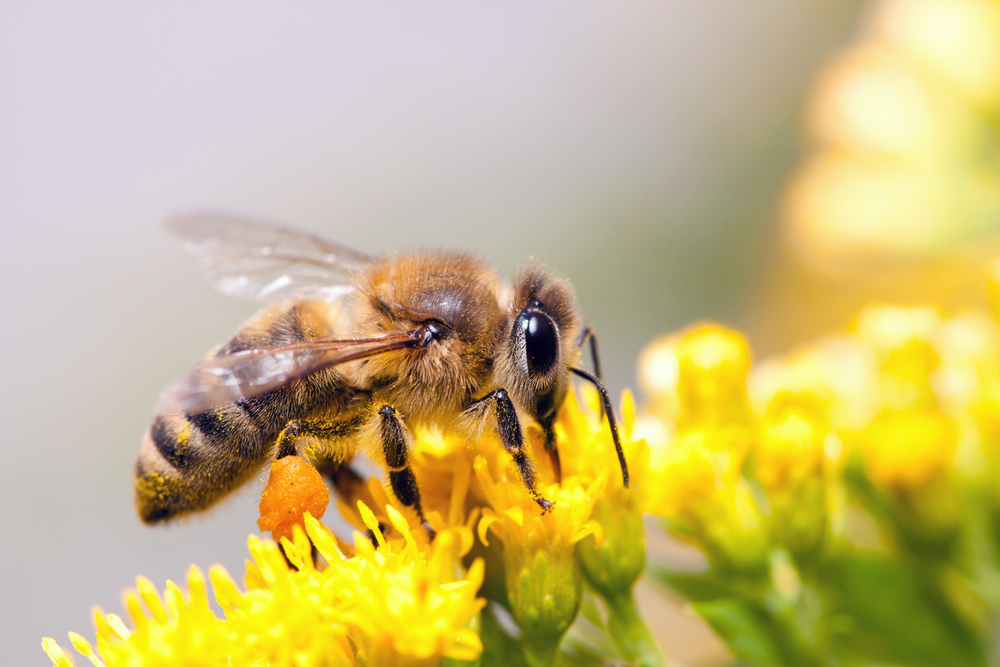Summer is synonymous with outdoor fun, but pesky bug bites can quickly put a damper on your outdoor adventures. Whether you’re hiking in the woods, lounging in your backyard, or enjoying a picnic at the park, encountering insects is almost inevitable. Understanding how to identify, treat, and prevent bug bites is essential for enjoying the great outdoors without the irritation. In this ultimate guide, we’ll delve into everything you need to know about bug bites.
Identifying Common Bug Bites
- Mosquito Bites: Mosquito bites are characterized by red, itchy bumps and are often accompanied by swelling. They can occur anywhere on the body and are most prevalent during the warmer months.
- Tick Bites: Tick bites may go unnoticed initially but can lead to redness, itching, and in some cases, the transmission of diseases such as Lyme disease. Ticks often attach themselves to areas with thin skin, such as the scalp, behind the ears, or in the groin area.
- Bee and Wasp Stings: Bee and wasp stings typically result in immediate pain, redness, and swelling at the site of the sting. In some cases, individuals may experience allergic reactions, ranging from mild to severe.
- Spider Bites: Spider bites may vary in severity depending on the species of spider. Common symptoms include redness, swelling, pain, and in rare cases, necrotic lesions or systemic reactions.
Treatment for Bug Bites
- Clean the Area: Wash the affected area with soap and water to remove any dirt or bacteria that may exacerbate the irritation.
- Reduce Swelling: Apply a cold compress or ice pack to the bite to reduce swelling and alleviate discomfort.
- Relieve Itching: Over-the-counter anti-itch creams or antihistamines can help alleviate itching associated with bug bites. Calamine lotion and hydrocortisone cream are popular options.
- Pain Relief: Over-the-counter pain relievers such as ibuprofen or acetaminophen can help alleviate pain and discomfort associated with bug bites and stings.
- Seek Medical Attention: If you experience severe allergic reactions, difficulty breathing, or signs of infection such as pus or increasing pain, seek medical attention immediately.
Prevention Tips
- Use Insect Repellent: Apply insect repellent containing DEET, picaridin, or oil of lemon eucalyptus to exposed skin and clothing to repel mosquitoes, ticks, and other biting insects.
- Wear Protective Clothing: Wear long-sleeved shirts, long pants, socks, and closed-toe shoes when venturing into areas with dense vegetation or high insect activity.
- Avoid Peak Mosquito Hours: Mosquitoes are most active during dawn and dusk, so try to avoid outdoor activities during these times if possible.
- Check for Ticks: Perform thorough tick checks on yourself, family members, and pets after spending time outdoors, especially in wooded or grassy areas.
- Be Mindful of Bee and Wasp Nests: Keep an eye out for bee and wasp nests in and around your home, and take precautions to avoid disturbing them.
By arming yourself with knowledge about bug bites, you can better protect yourself and your loved ones while enjoying outdoor activities. Remember to take preventive measures, identify bites promptly, and seek appropriate treatment if necessary. With these strategies in place, you can minimize the nuisance of bug bites and make the most of your time outdoors.
READ MORE: Types Of Sports That Kids Could Try
Sources:
https://wwwnc.cdc.gov/travel/page/avoid-bug-bites
https://www.aad.org/public/everyday-care/injured-skin/bites/prevent-treat-bug-bites
https://kidshealth.org/en/parents/insect-bite.html
